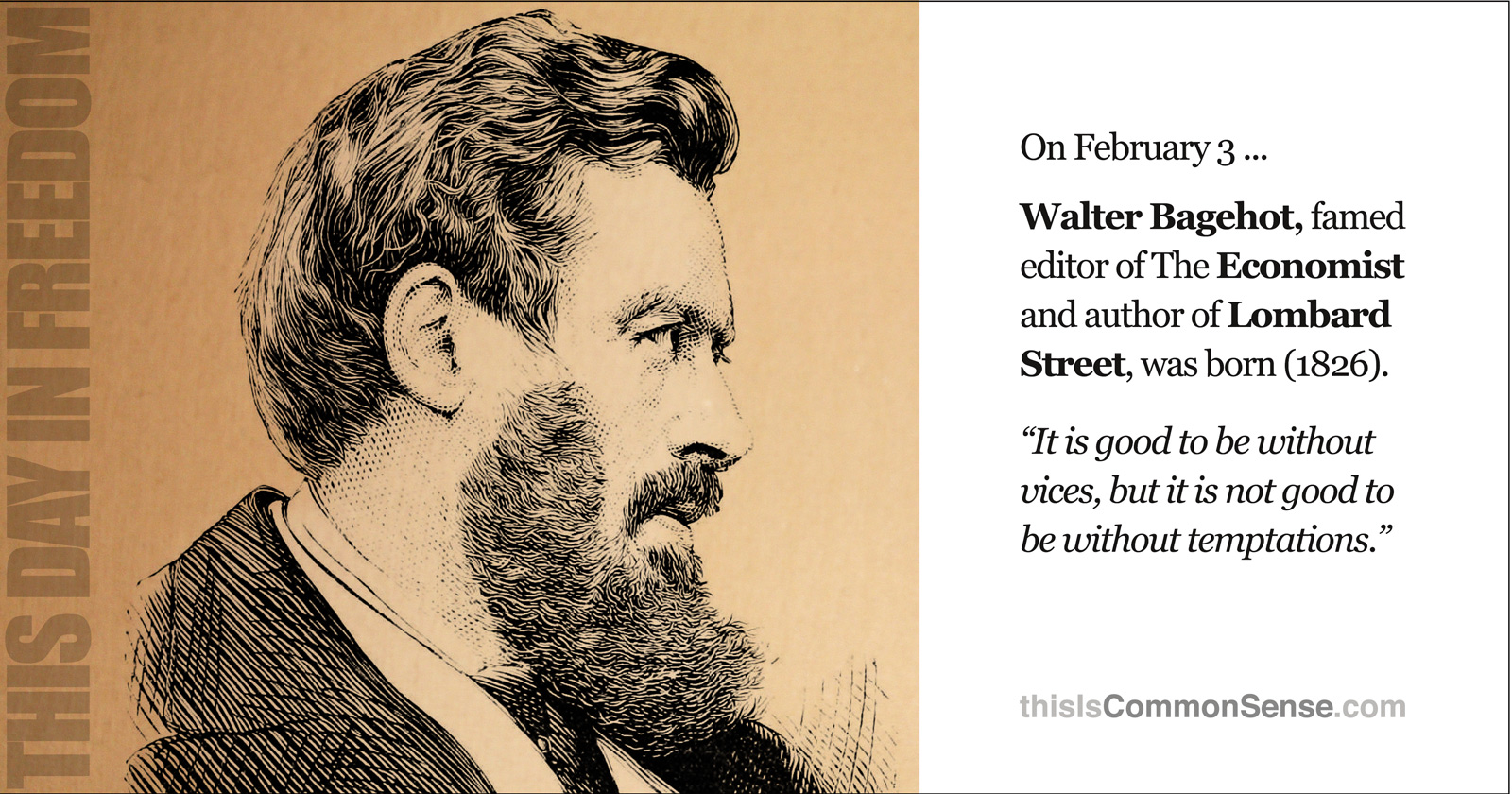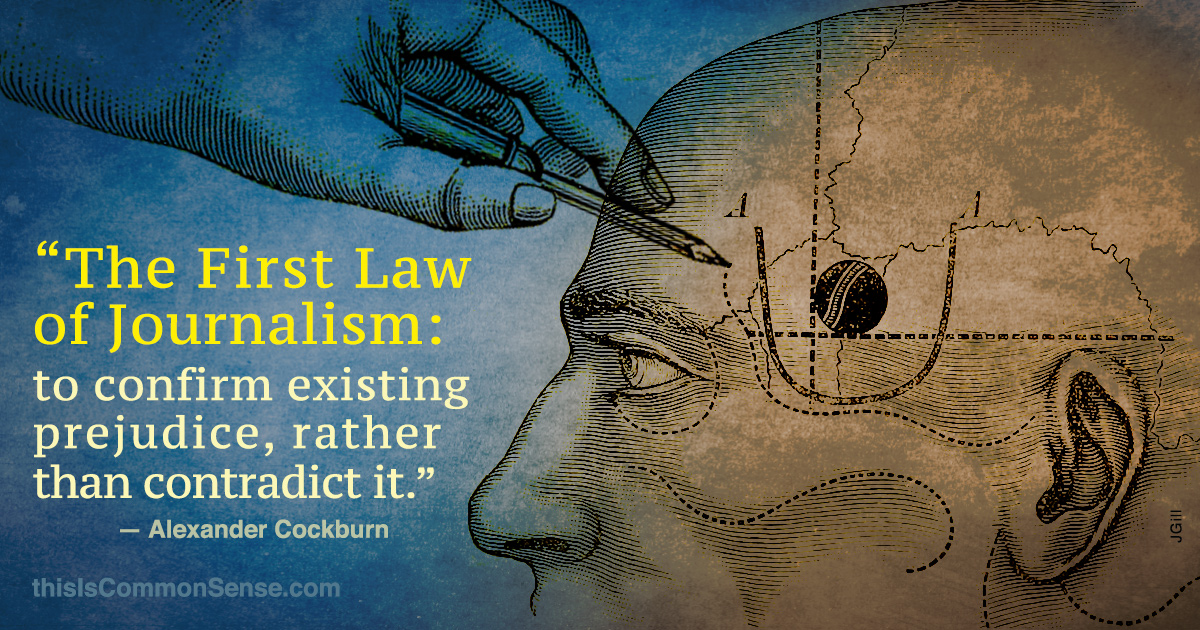“It is good to be without vices, but it is not good to be without temptations.”
—Walter Bagehot
To download the full-size version of this image, click above.

On February 2, 1887, Punxsutawney, Pennsylvania celebrated the first Groundhog Day. On the same day in 1976, the Groundhog Day gale hit the north-eastern United States and south-eastern Canada.
In 2009, the Reserve Bank of Zimbabwe officially devalued the Zimbabwean dollar for the third and final time, making Z$1 trillion now only Z$1 of the new currency, equivalent to Z$10 septillion before the first devaluation. Politicians in Zimbabwe looked up, saw their shadow, and realized that they had only a couple months more of their inflation binge. Indeed, the legalization of trading currencies, the previous month, had sealed the fate of Zimbabwe’s independent dollar. The Zimbabwean dollar was abandoned officially on the 9th of April, 2009.
“I should have been an engineer,” climatologist Dr. Roy Spencer laments. “I went into science with the misguided belief that science provides answers. Too often, it doesn’t. Some physical problems are simply too difficult. Two scientists can examine the same data and come to exactly opposite conclusions about causation.”
In other words, it’s like all sciences of complex phenomena. Like social science — economics, for instance.
But he’s not complaining that it’s hard. He’s complaining that it’s been taken over.
By ideologues.
 When it comes to “climate change,” scientific nuance is gone:
When it comes to “climate change,” scientific nuance is gone:
We still don’t understand what causes natural climate change to occur, so we simply assume it doesn’t exist. This despite abundant evidence that it was just as warm 1,000 and 2,000 years ago as it is today. Forty years ago, “climate change” necessarily implied natural causation; now it only implies human causation.
This unscientific leap to the now-de rigueur “anthropogenic” conclusion depresses him.
Understandably. Take the latest news pitch, the NOAA and NASA reports that last year, 2014, stands as “the hottest on human record.”
No, it isn’t, Spencer says.
Such claims are based on compromised data that most respectable climate scientists now avoid: surface temperature recordings, not satellite data. Such “hottest ever” reports “feed the insatiable appetite the public has for definitive, alarming headlines. It doesn’t matter that even in the thermometer record, 2014 wasn’t the warmest within the margin of error.”
But journalists, often moonlighting as lazy political activists, “went into journalism so they wouldn’t have to deal with such technical mumbo-jumbo” as “margins of error.”
And politicians are worse.
I guess that leaves the job of common-sense skeptic to you and me.
This is Common Sense. I’m Paul Jacob.

 The great difficulty which history records is not that of the first step, but that of the second step. What is most evident is not the difficulty of getting a fixed law, but getting out of a fixed law; not of cementing … a cake of custom, but of breaking the cake of custom; not of making the first preservative habit, but of breaking through it, and reaching something better.
The great difficulty which history records is not that of the first step, but that of the second step. What is most evident is not the difficulty of getting a fixed law, but getting out of a fixed law; not of cementing … a cake of custom, but of breaking the cake of custom; not of making the first preservative habit, but of breaking through it, and reaching something better.
It is one thing to be alert to possible catastrophe. Quite another to yearn for it. Yes, it’s time again for the end of the world! Read all about it at Townhall. Click on over, then come back here for further reading. If you have time.